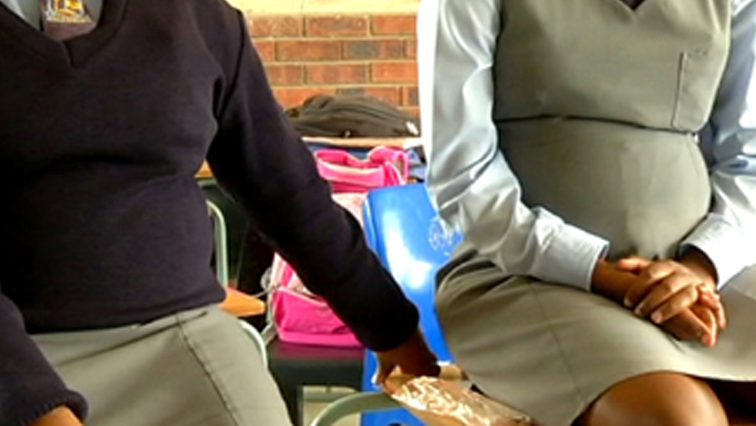A teenage pregnancy policy that was recently approved by Cabinet will be implemented from January next year. The policy will allow learners who fell pregnant to return to school sooner. This was revealed to the National Council of Provinces by the Basic Education Acting Director General Granville Whittle.
The department, MECs and officials have held talks with the NCOP on the dropout of learners from schools.
Whittle had to answer some of the questions on behalf of the Basic Education Deputy Minister Reginah Mhaule.
“Cabinet fairly recently approved the policy on teenage pregnancy. We are currently working with a range of departments to develop an implementation plan and we will start implementing that policy from January 2022. One of the key tenets of that policy is that learners who do fall pregnant must be allowed to return to school as soon as possible and in the period where they are off because of the pregnancy, that they be allowed to return, but also that schools provide ongoing educational support to them during that time.”
The NCOP has heard that about 120 000 learners fall pregnant every year with only a third returning to school after giving birth.
It was revealed that over 200 000 learners did not return to school in 2021.
In his opening remarks, NCOP Chairperson Amos Masondo said there are many workable solutions to drastically reduce the school dropout rate.
Masondo highlighted some of the social factors leading to learners dropping out of school.
“There are many reasons for school dropouts, from family commitment, illness, lack of interest and poverty, which is largely mitigated by the no-fees schools. Whatever the reasons, we need to find workable solutions to drastically reduce and ultimately eradicate the phenomenon of school dropouts.”
Mhaule told NCOP delegates that the number of learners who did not return to school this year is 200 000 and not 500 000 as she had initially indicated.
“A nationally representative household survey pointed to a decline in school attendance between November 22 and April 2021. The number is 200 000, not 500 000. I want to put my sincere apology on that because it’s a misprint because I had to check my records here. It’s not 500 000; it’s 200 000 learners who did not return back to school.”
Social factors leading to learners dropping out of school: Prof. Mary Metcalfe
One of the questions asked by the NCOP was how teenage pregnancy contributed to learners dropping out of school.
Whittle responded, “We have got a 120 000 (learners) a year, who fall pregnant. Only a third of actually them return to school. And so, two-thirds drop out, which is an important issue. We need to confront not only as the Department of Basic Education but in fact, as society large because teenage pregnancy is not only a DBE problem.”
Deputy Minister Mhaule told the NCOP that proposed changes to the Basic Education legislation will also look into the roles that should be played by some stakeholders to curb the school dropout rate.
“As we are preparing for the amendments of the Basic Education laws, we are also looking at this matter (of school dropout), because the first person who identifies that a learner is not coming to school is a teacher. We are not saying that the teacher must be held reliable and accountable. The teacher (must) report. As the teacher reports to the principal then the principal must report to the School Governing body, because it is the School Governing body that is looking at the governance of the school in general. And it is the School Governing Body that has a contract with parents to make sure that parents allow their learners to go to school.”
DISCUSSION | Shocking numbers of teenage pregnancies in Gauteng:
Reports by Basic Education on HIV infections among young girls: Elijah Mhlanga


